|
Sub-Saharan Africa is a hot spot for malaria which still kills hundreds of thousands of people every year. This explains the excitement at the announcement that Malawi has launched a pilot programme for the world’s first vaccine. While any breakthroughs in treating the disease should be welcomed, Faith Osier cautions that there’s still a long way to go before scientists pin down a foolproof malaria shot.
By this time next week, South Africans will have finished voting in the country’s national and provincial elections. Will the country’s growing black middle class play a significant role in the outcome? David Everatt sets out how political parties have blown their chances with this cohort. For his part Keith Gottschalk looks at how race continues to divide South Africans and to determine their voting choices.
|
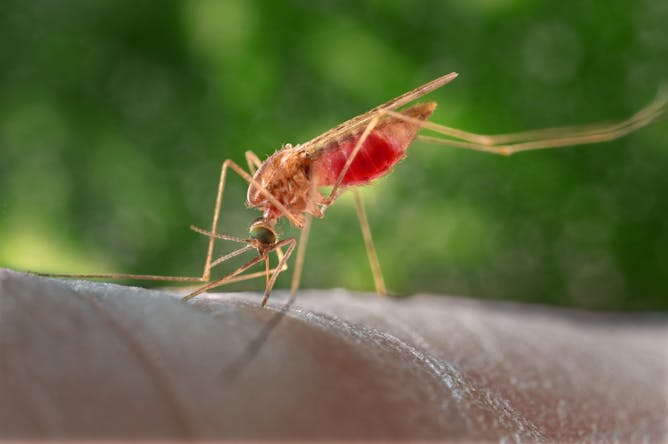
CDC/ James Gathany
Faith Osier, Wellcome Trust
Given the high burden of malaria in sub-Saharan Africa, a partially effective vaccine is considered better than none.
|
South Africa poll
|

David Everatt, University of the Witwatersrand
The black middle class are angry at their exclusion from mainstream economic activity.
| |

Keith Gottschalk, University of the Western Cape
South Africa has the world’s largest white minority living under black rule.Colour line tensions might remain a feature of the country's political landscape.
|
|
|
Environment + Energy
|
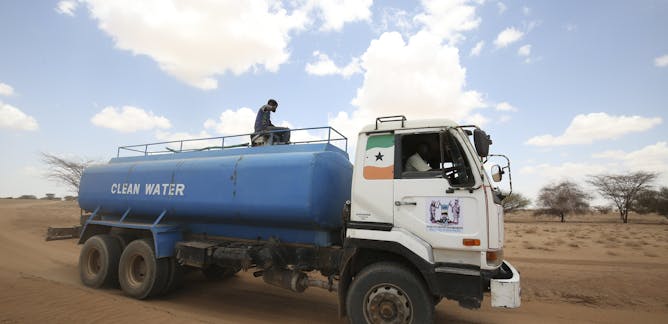
Michael Okoti, Kenya Agricultural & Livestock Research Organisation
Changes in weather patterns have made life a great deal more precarious for pastoral communities.
| |
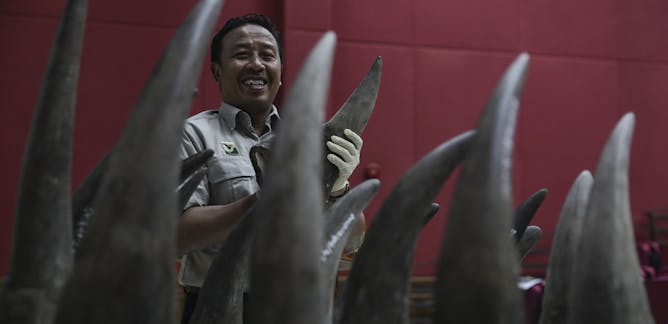
Vu Hoai Nam Dang, University of Copenhagen; Martin Reinhardt Nielsen, University of Copenhagen
Our findings suggest that the demand for rhino horn is unlikely to fall because people's beliefs are firmly entrenched.
|
|
|
Podcast
|

Ozayr Patel, The Conversation
Light pollution comes with numerous problems.
| |
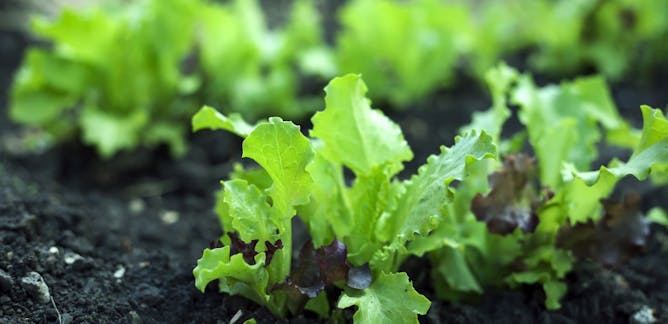
Ozayr Patel, The Conversation
Developing countries present an opportunity for agroecological innovations to help small-scale farmers.
|
|
|
From our international editions
|
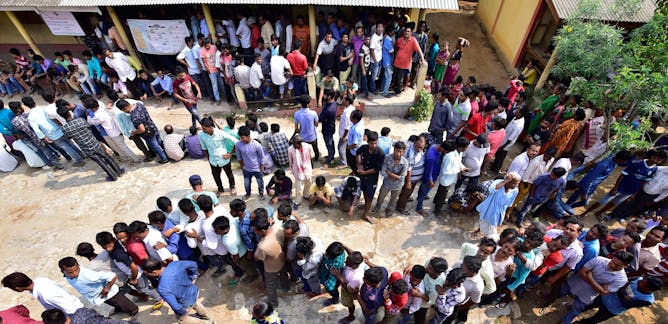
Poorvi Vora, George Washington University
Explaining the equipment and the process by which hundreds of millions of ballots are collected and counted in India.
| |
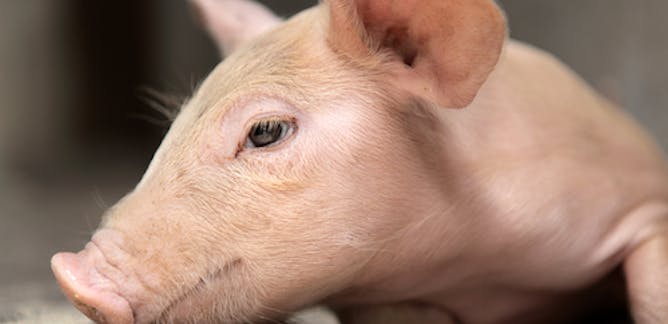
Katharina Busl, University of Florida
A recent study on the brains of pigs suggested that some activity could be restored even after the porkers had been dead for four hours. A neuroscientist who specializes in brain death explains.
|
|
|